Democrats in multiple states are currently attempting to have Donald Trump barred from the presidential primary ballot based on the Insurrection Clause of the 14th Amendment. This effort has now failed its first test in the state of Minnesota. The state supreme court ruled last night that the clause did not apply and that the state Republican Party can place Trump on the ballot if they wish. This may or may not impact the results in the other states attempting to block Trump, as we will discuss below. But at least for now, the former president’s path is clear in the North Star State. (Associated Press)
The Minnesota Supreme Court on Wednesday dismissed a lawsuit seeking to bar former President Donald Trump from the state’s 2024 primary ballot under a constitutional provision that forbids those who “engaged in insurrection” from holding office.
The state’s high court declined to become the first in history to use Section 3 of the 14th Amendment to prevent someone from running for the presidency. The court dodged the central question of the lawsuit — does Trump’s role in the Jan. 6, 2021, attack on the U.S. Capitol disqualify him from the presidency — by ruling that state law allows parties to put whomever they want on the primary ballot.
“There is no state statute that prohibits a major political party from placing on the presidential nomination primary ballot, or sending delegates to the national convention supporting, a candidate who is ineligible to hold office,” Chief Justice Natalie Hudson ruled. Two justices had recused themselves from the Nov. 2 hearing.
The ruling is rather brief and it’s unclear whether the narrow scope of the decision was simply a matter of following the letter of the law (or lack thereof) or if the justices were deliberately trying to dodge a more thorny issue. The ruling offers no comment on whether or not Donald Trump’s words and deeds leading up to January 6, 2001, would qualify as an “insurrection” and if that should subsequently bar him from a run for office. The justices simply pointed out that Minnesota state law does not set forth any requirements for who a political party can place on a primary ballot.
They went out of their way to note that there is no barrier to nominating someone “who is ineligible to hold office.” But this still only applies to the party primary process. The ruling leaves open the possibility that Trump could be barred from the general election ballot, but a separate challenge would need to be brought if he wins the Republican primary race.
The court also declined to comment on Trump’s specific eligibility. The rules for the primary nomination process vary somewhat from state to state, but Minnesota seems to be dealing with a question that few people have ever considered. Why include a provision such as that? Who would nominate somebody who isn’t qualified to take the office they are seeking? Under this ruling, Minnesota could put someone on the ballot who is not a natural-born citizen, who is under 35 years of age, and who hasn’t lived in the country for 14 years. For that matter, they could probably put a horse on the primary ballot.
This raises an even more intriguing series of questions in terms of potential election outcomes. Assume for the moment that Donald Trump winds up winning enough of the state primaries, becomes the party’s nominee, and goes on to win the general election. Could a similar challenge be taken to the Supreme Court? And what if they ruled that Trump is truly an insurrectionist and disqualified from office? Tradition dictates that the Chief Justice of the Supreme Court swears in the President-elect. He would be unlikely to swear in someone he had just declared ineligible. Of course, that’s only a “tradition.” (Lyndon Johnson was sworn in on Air Force One by a judge who was not on the Supreme Court.)
As with so many things involving Donald Trump, this is a rather unique situation. The old rules seem to go out the window as Trump cuts his path forward. Colorado will be the next state to decide on this question, with closing arguments scheduled for next week. That court will have the same option that Minnesota had. The question is whether they will choose to exercise it or push forward something more aggressive and sweeping. Either way, this issue will almost certainly wind up at the Supreme Court as well. Stay tuned.
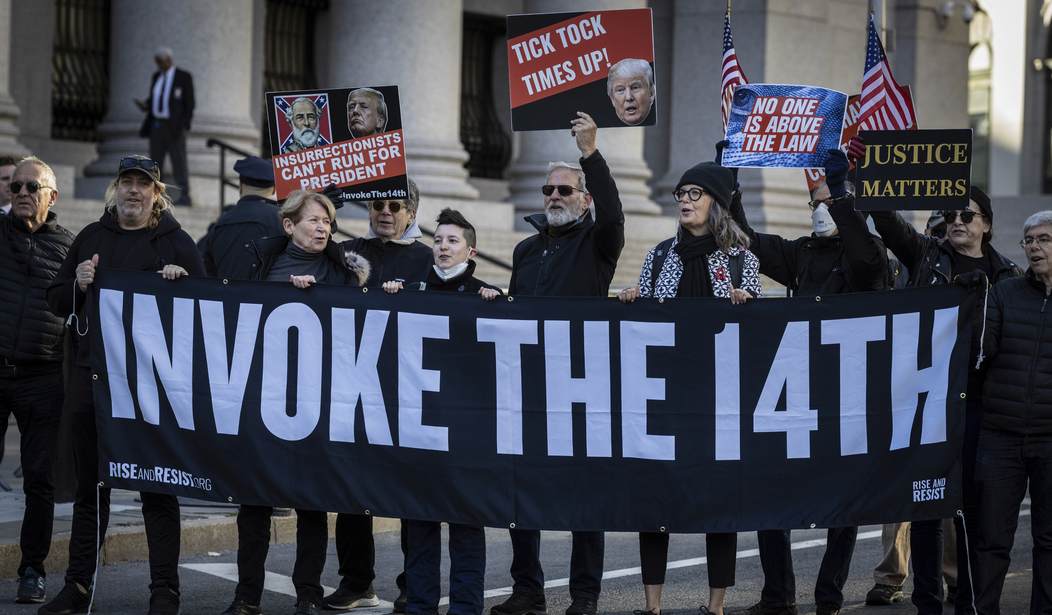

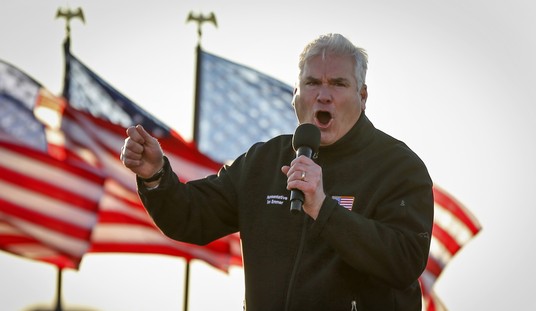
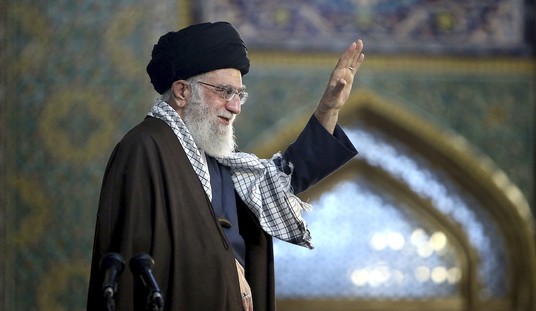
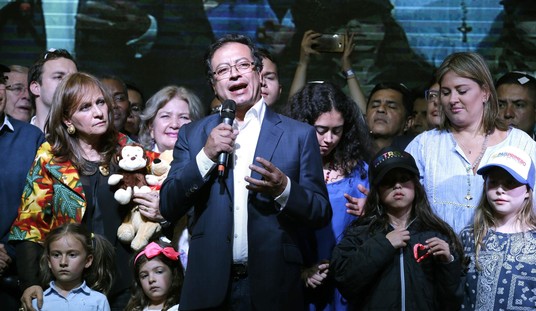
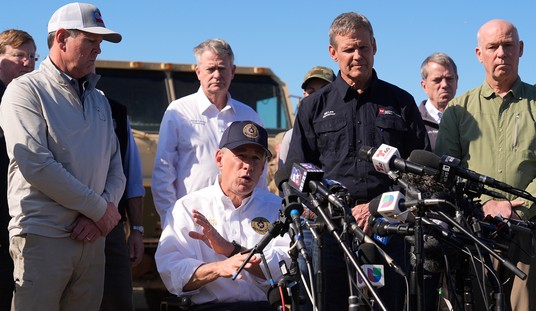

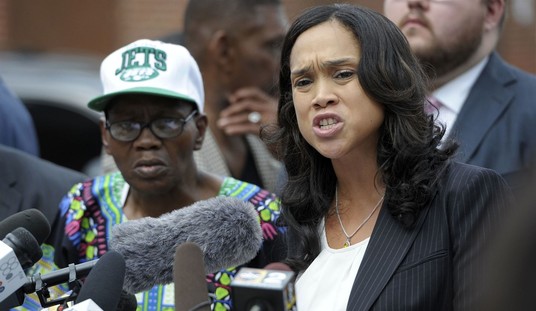
Join the conversation as a VIP Member